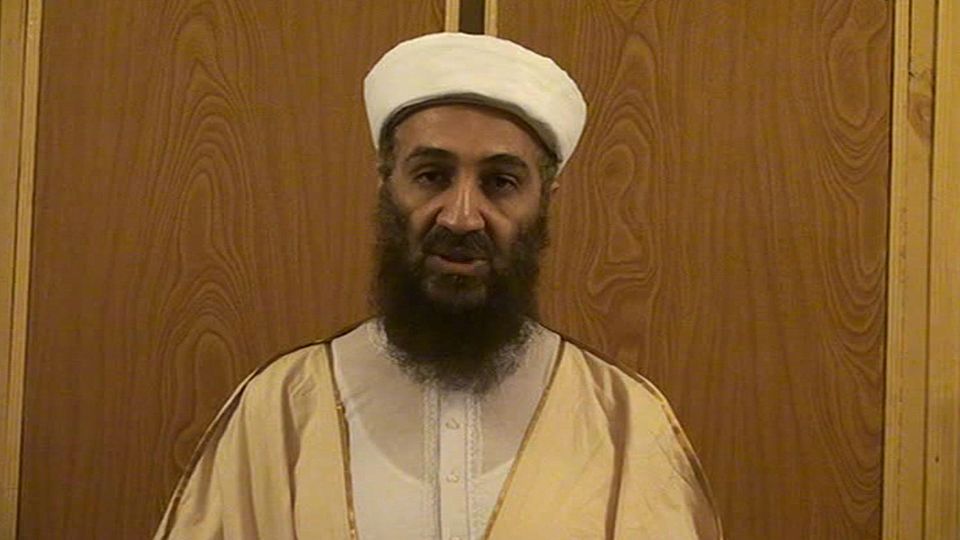“Wajib”
ARD removes award-winning Palestinian film from its program
Movie poster of “Wajib”
© Everett Coll / Picture Alliance
The film “Wajib” shows the everyday life of Arab Israelis. There is no anti-Semitism, calls for violence or Palestinian propaganda – but ARD canceled the broadcast on Monday at 12:20 a.m.
The film was actually announced for Monday at 12:20 a.m. Now ARD postponed the broadcast to a later date. The magazine “Der Spiegel” had previously reported on it.
“Wajib” shows everyday life in Israel
In the 2017 film, director Annemarie Jacir sends the Rome-based architect Shadi to his father in Nazareth. There he wants to help organize his daughter’s wedding. You experience the pitfalls of a father-son relationship and immerse yourself in the present of Nazareth, describes the production company Trigon-Film. The situation there is anything but relaxed. The film was screened at many festivals and also won several awards.
Neither anti-Semitism, calls for violence nor Palestinian propaganda appear in the film. There is criticism of Israel, but even that is only hinted at. “The film simply shows everyday Arab life in Israel” and awakens empathy and understanding, according to “Spiegel”.
“A shame for ARD”
Jacir told “Spiegel” that it was “a shame for ARD to suppress artistic voices, especially in this dark moment in history, instead of opening a space in which we can share our stories, cultures and dreams.”
The ARD explained that in the context of drastic social or (global) political events, they were checking whether the planned program offering was in line with the current situation. The presentation of different perspectives is of utmost importance with regard to the Middle East conflict. News, magazine and special programs are particularly suitable for this. The documentary offerings also reflected the different perspectives of the debate.


